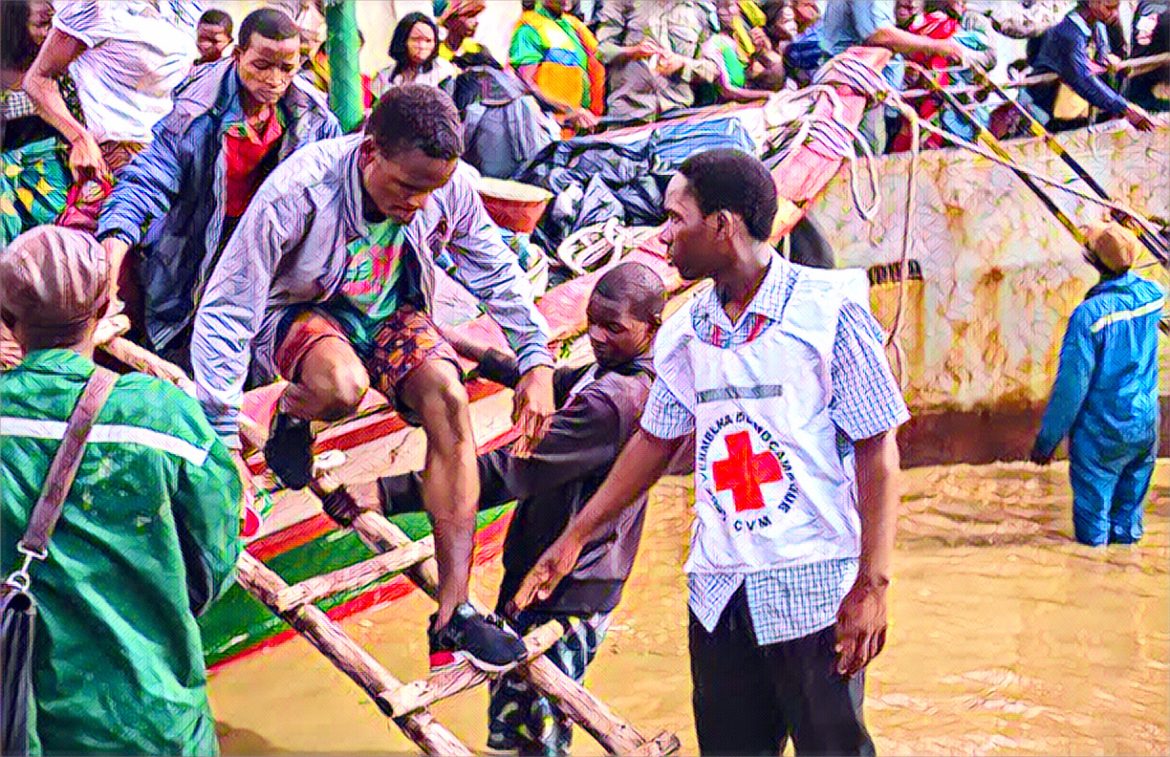Agnes Matiza, 72, greets visitors with surprising energy, guiding them through her orderly yard to the chicken coop’s comforting clucks in Chimanimani district, Zimbabwe.
This septuagenarian’s resilience mirrors thousands of lives upheaved by Cyclone Idai in 2019, which decimated grain reserves and crops across Manicaland province. Today, thanks to the Resilience Building for Chimanimani Communities project, they’re rebounding, revitalizing finances and nutrition post-disaster.
“We’ve enhanced our diet with eggs, surpassing our consumption needs. Now, we’re saving eggs for hatching,” Matiza reveals. Her livelihood transformed after losing everything to the cyclone.
In the disaster’s wake, desperate villagers sold livestock, relying on odd jobs, fruit vending, and dwindling remittances, further strained by COVID-19.
“Practical action provided me with seven chickens. Now, five lay eggs. With 60 eggs ready for incubation, I’m reviving my poultry venture,” she shares, collecting five eggs daily.
Similarly, Sekai Munyebvu’s family benefits nutritionally and socially. “The hens were almost laying when we got them. They’ve diversified our diet, and I even used the eggs in a baking contest,” she recalls, planning to sell poultry products once full-scale production commences.
According to a report by Newsday Zimbabwe, these villagers now rear Sasso Sussex chickens, which are robust against diseases. Practical Action’s intervention included essential poultry-keeping skills and initial feed packages.
Plans to offer incubators and superior breeds target low productivity due to prevalent inbreeding. “These breeds, like Sasso and Boshveld, resist diseases, thrive free-range, and demand minimal extra feed, enhancing output,” explains John Muusha, a field officer with Practical Action.
The project underscores rapid nutritional access, emphasizing the role of indigenous poultry in bolstering dietary quality. Funded by the United States Agency for International Development, it aims to revitalize food security and livelihoods in Chimanimani, helping communities rebound from successive ecological and health crises.


